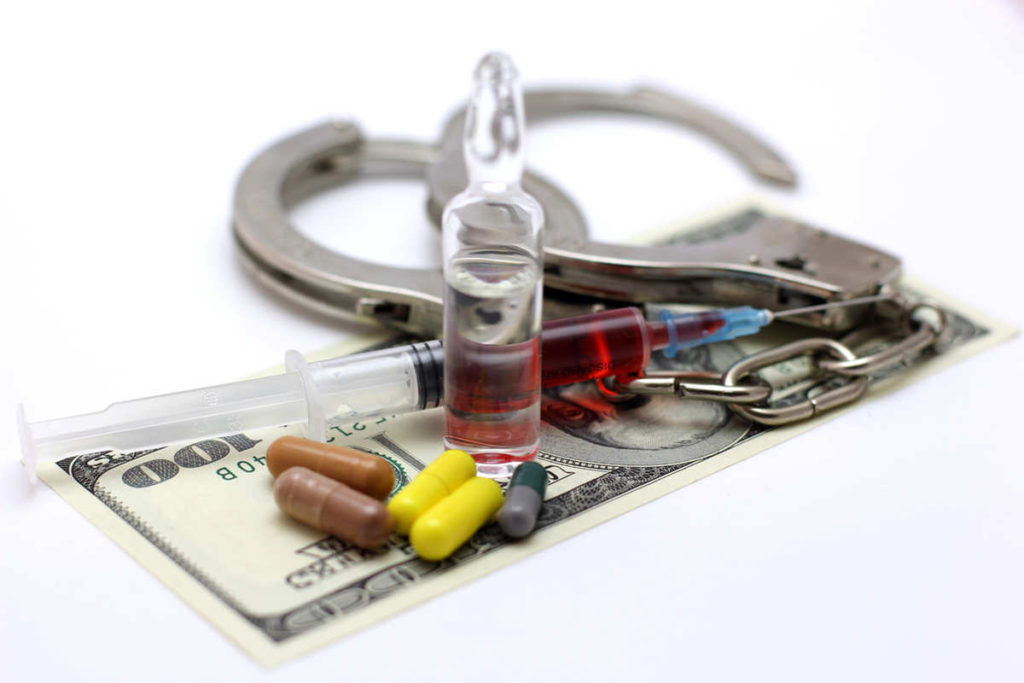
One of the central conversations this past political season revolved around addiction. America admitted to itself that a lot of us are struggling with the effects of addiction in some form or another. Since addiction was first recognized by clinical psychologists, there has always been the central question of why it is so hard to overcome. Patients differ as to which forms of therapy offer treatments they’ll respond to. The types of treatment patients respond to can offer us some clues as to what makes addiction so difficult to overcome, and why we struggle so deeply with our vices.
Spiritual Recovery
Traditional 12-step programs tend to teach that a higher power will help to guide you. That relationship, the one you build with that higher power, is like a way of surrendering control and understanding you’re behaving outside of yourself. That’s not always helpful to someone who isn’t a faith-based person. They may recognize that their sense of self is damaged, that their so-called spirit needs healing, but they may not respond to that higher power concept for a variety of reasons. New non 12 step rehab programs offer an alternative based on a Buddhist approach that emphasizes peace of mind. This non-structured approach also allows for many different faiths to participate, without feeling like their particular beliefs are being set aside in the name of recovery.
Addiction and Coping with Pain
A popular new form of pain management is to prescribe medical marijuana to patients who suffer from chronic pain. More states are relaxing the regulations around medical pot, making it easier to acquire. It can also help patients avoid painkillers like oxycodone, which has been linked to opiate addiction for patients who start off taking it trying to recover from a surgery.
This form of addiction is particularly painful because it can happen to almost any of us. Doctor’s instructions are extremely important when taking medication, especially when dealing with painkillers. Medical marijuana is sometimes called a gateway drug, but it’s allowed patients an alternative to potentially dangerous and addictive opiates.
We May Not Recognize the Problem
When you’re in the throes of your addiction, it’s sometimes difficult to recognize you even have a problem. How often do you really stop to notice when you’re angry? You’re usually too busy being angry to take stock of the last time you had an episode. Addicts go through days or weeks of this, terrorizing friends and family around them while they search for their next fix. They also suffer what must seem like intolerable guilt for the way they treat people. It’s this never-ending tug-of-war that contributes to addiction in the first place. It’s also terribly blinding for the addict. They may not even realize how miserable their life has become. There’s a saying that one needs to hit rock bottom to improve, but what if rock bottom isn’t something you can recognize?
It sometimes takes friends and family sitting down to inform of us of our actions. Interventions have been around for a long time, and they can be an effective reality check to help us realize what we’re doing.
Vulnerability is Hard
One of the challenges that comes with confronting addiction is recognizing just how vulnerable we all are. Addiction hides what really bothers us, and coming out of that spiral can be jarring for some people. Not everyone can handle loss or boredom or loneliness the same way. Sometimes, our genetics are to blame and other times it’s how we were raised or the way we’ve been taught to act.
Non-addicts typically see these problems and challenges as setbacks, and devise ways to overcome them. The addict thinks he or she sees a shortcut to the solution. Unfortunately, that shortcut leads the addict down a far more painful path that prolongs misery for months or years until treatment is sought.
If you suspect you’re suffering from addiction, or you feel you know someone who is, the best thing you can do is to continue reading up on addiction and attempting to seek treatment.